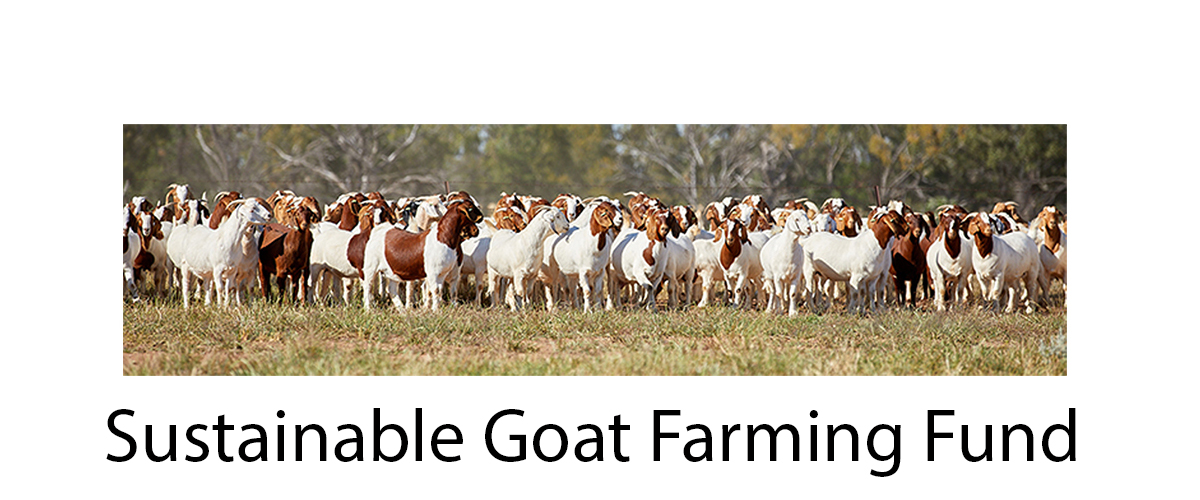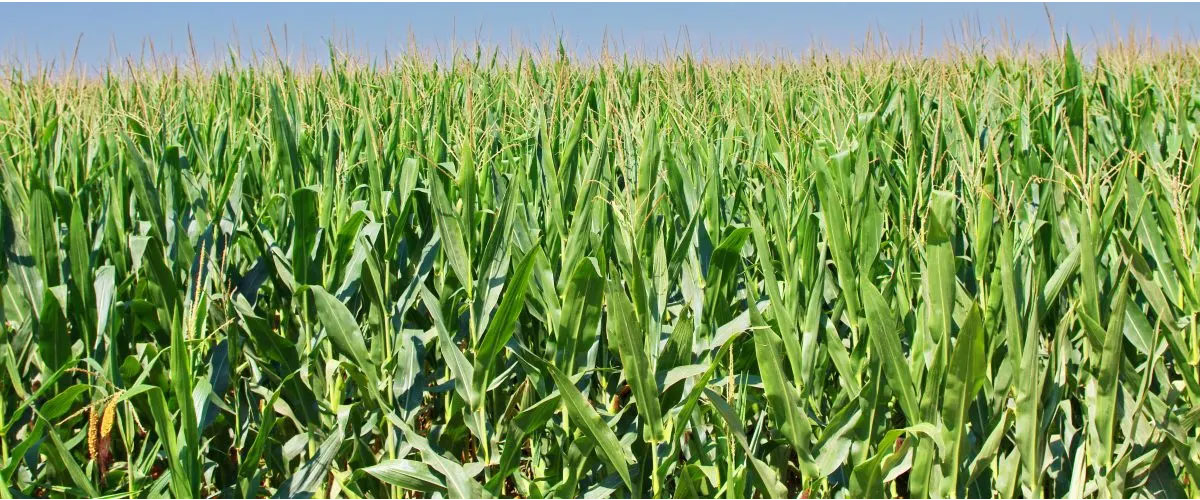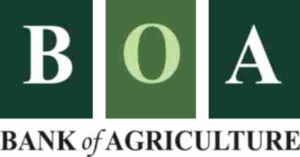TIPS FOR MANAGING YOUR FARM FINANCES
Farming requires more than just good land, weather and labor. It takes someone with a good business mind. The most difficult part of becoming successful and making a living in farming is the management of the farm finances.
Capital acquisitions, labor cost and operating loans, requirement knowledge in the products and financial system. Also, you need a very good relationship with your financial institution.
These are some of the things you should know to enable you to successfully manage your farm finances to prosperity.
THE AGRI-FINANCE
The banks that concentrate in Agriculture loans and private individuals that invests in farmland. The Nigeria Incentive-Based Risk-Sharing System for Agricultural Lending (NIRSAL) and major financial institutions in Nigeria are one half of the major farm funding in the country.
Agricultural loan holders like the major banks remain optimistic as long as land value hold and farm debt levels remains reasonable. The high interest rate of a loan will increase the operational capital needs, and particularly the ability to operate the loan.
However, if the farm amount of operating liquidity available continues to increase across the agricultural sector and the loan operating cost and interest rate supersedes the working capital and projected revenue of the farm. This loans will be unsustainable. Therefore, Central Bank of Nigeria (CBN) or the financial banking institution appointed to service their loan will have to alter their interest rate and servicing cost. In other words, come up rates that will encourage general aggressive investment in agriculture in the country.
list of Agro-Financial Institution assisting farmer with agricultural loans in Nigeria
How can I get agricultural loan in Nigeria?
- You must have maintained a minimum customer account relationship for about six months.
- You must have deposited at least 20% of the required loan amount into the account.
- You must provide collateral, excluding land.
- You must submit a detailed business plan.
The federal government to provide low-interest loans to farmers in Nigeria. The Central Bank of Nigeria has recently approved the disbursement of about ₦75 billion naira as the loan to farmers and cooperative societies in the 36 state and the Federal Capital Territory.
This loan can be accessed through the Bank of Agriculture.
The Bank of Agriculture of Nigeria is the main channel that the government uses to provide loans and grants to the public.
When thinking of government loans, the BOA should be your first choice. However, you can also assess these government loan through participating national banks.
- Union bank
- First Bank
- Fidelity bank
- UBA
- Zenith bank
- Stanbic IBTC


The Nigeria Incentive-Based Risk-Sharing System for Agricultural Lending (NIRSAL)
The Nigeria Incentive-Based Risk-Sharing System for Agricultural Lending (NIRSAL) – a new innovative mechanism targeted at de-risking lending to the agricultural sector, is designed to provide the singular transformational and one bullet solution to break the seeming jinx in Nigeria’s agricultural lending and development.
The Central Bank of Nigeria (CBN) in August 2010, engaged the Alliance for Green Revolution in Africa (AGRA) to develop the NIRSAL.
NIRSAL is an approach that tackles both the agricultural value chains and the agricultural financing valuechain.
For more information go to Federal Ministry of Agriculture and Rural Development (FMARD) website.

Please visit a Stanbic IBTC Bank branch near you or call 0700 CALL STANBIC (0700 2255 7826242) or +234 01 270 9676 or email customercarenigeria@stanbicibtc.com




